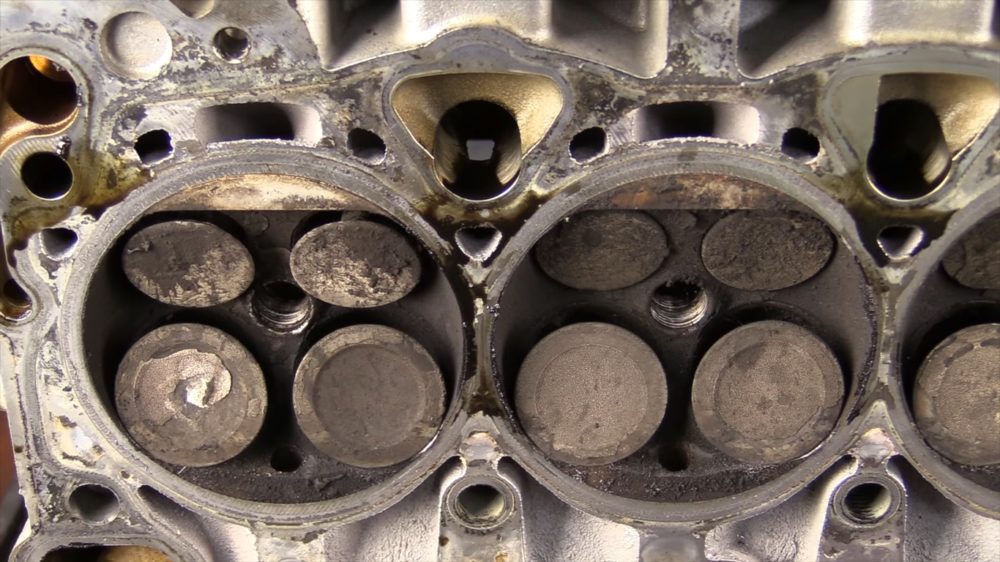What Causes an Engine to Lose Power?
Engineering Explained talks about the factors that lead to lead to engine inefficiency over time.
We hear people talk regularly about “tired” old car engines all the time. Usually, we just take that on faith to mean that “old things wear out.” However, Jason Fenske from Engineering Explained put together a five-minute explanation for what components typically reduce power (and efficiency) in high-mileage engines.
If you’re an experienced wrench, you might already know all of this. For newbies, or even as a refresher, this video serves a useful purpose. If you know what components regularly wear out, you can identify symptoms easier. That makes maintenance and repair that much easier.

Fenske divides the issues up into four categories: air flow (intake and exhaust), fuel delivery, compression, and spark. However, you could go farther and say that the issues pretty much fall into two broader categories: components with clogging and components wearing down.
Either way, regular maintenance is key to keeping an engine happy. You probably can’t ever prevent some power loss over an engine’s life. Piston rings will always wear some, for example, whether it takes 60,000 or 600,000 miles to go completely.
All of this goes a long way to explaining things like service intervals. Changing spark plugs (and wires) or replacing fuel filters are easy ways to keep your engine happy. If you live in a rust-prone area, exhaust systems will always face longevity issues.
For the most part, however, if you take care of your engine, you can minimize power and efficiency loss. You can find more information on F-Body maintenance right here on LS1Tech.
If you want specific info on items like changing spark plugs, check out our How To articles here, too.
